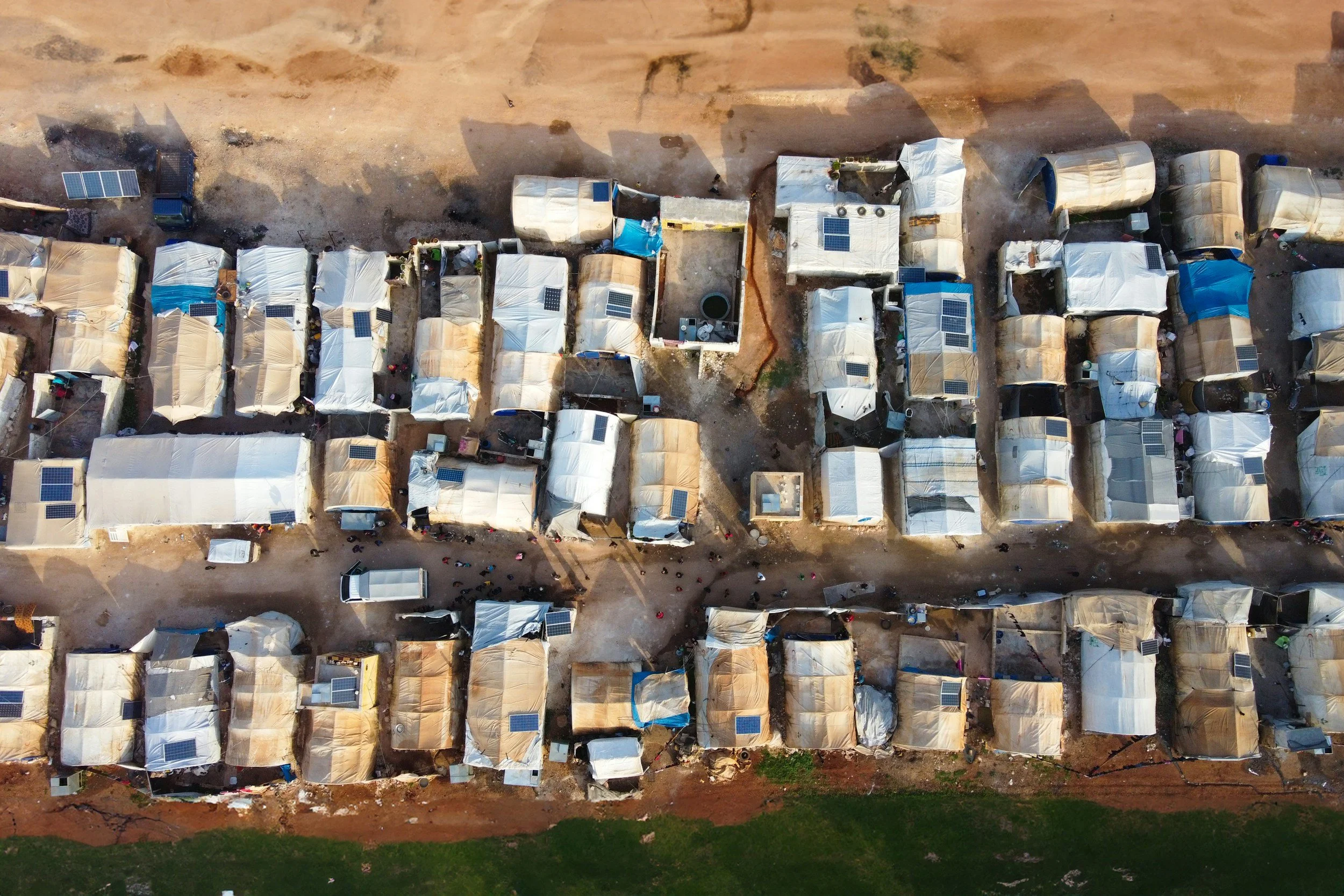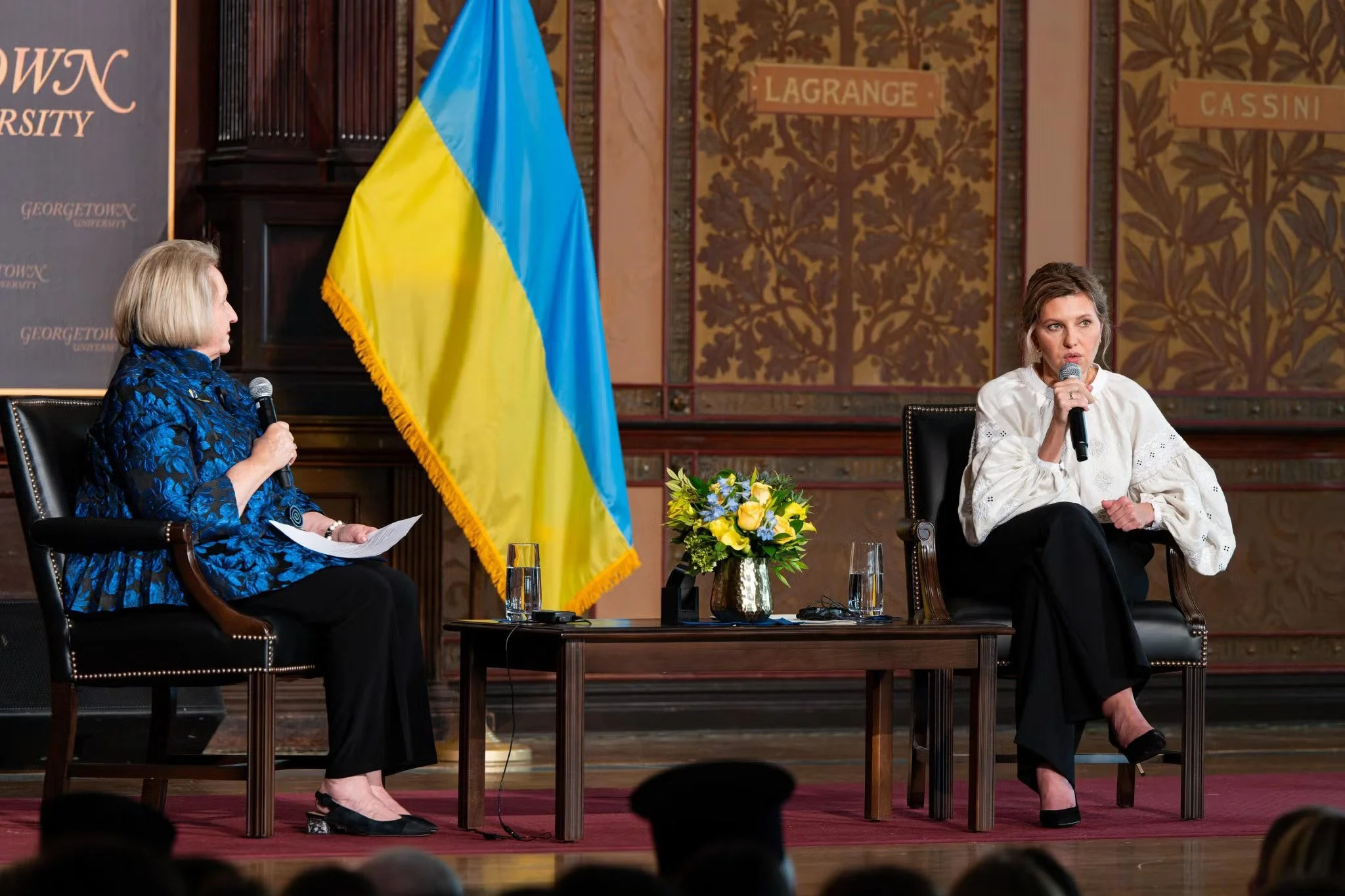The Role of Resolution 1325 Today
Twenty-five years ago, the United Nations took a historic step that fundamentally changed how the world understands peace and security.
With the adoption of Security Council Resolution 1325 on Women, Peace and Security, the international community recognised, for the very first time, that peace is not possible without the full participation of women. It was a revolutionary moment. And although the world has changed dramatically since the year 2000, the promise and purpose of 1325 are just as urgent today as they were then.
Why 1325 Still Matters
1325 was never only about protecting women in war zones. It was about redefining peace itself - not just the absence of conflict, but the presence of justice, equality, and inclusion. It challenged the world to understand that women are not observers to conflict: they are leaders, negotiators, peacebuilders, and human rights defenders.
And today, in conflicts stretching from Ukraine to Sudan, from Gaza to Myanmar, women continue to stand on the frontlines of survival and reconciliation. They are organising evacuations, documenting abuses, running shelters, negotiating local ceasefires, and holding communities together when everything else is falling apart.
Yet despite this extraordinary leadership, women still make up less than 13 percent of peace negotiators and only 8 percent of mediators in formal processes. This is not a gap in ability or expertise, it is a gap in political will.
The role of 1325 today is therefore twofold:
to protect the progress we have made in embedding women’s rights and gender equality into global peace and security frameworks; and
to revitalise commitment, ensuring women are not just included as participants, but empowered as decision-makers in every process that shapes our collective future.
Georgetown’s Contribution: Turning 1325 Into Action
At Georgetown University, the spirit of Resolution 1325 is alive and being actively strengthened.
Through the Georgetown Institute for Women, Peace and Security (GIWPS), founded by Secretary Hillary Rodham Clinton and led by Ambassador Melanne Verveer, the work of implementing 1325 has become global, data-driven, and deeply practical.
One of the Institute’s most influential tools is the Women, Peace and Security Index, which now covers over 170 countries. It provides governments, the United Nations, and civil society with rigorous data on women’s inclusion, justice, and security. It shows where progress is happening and where urgent action is needed. From Washington to the African Union, policymakers rely on this evidence to shape national action plans and inform international strategies.
But Georgetown’s impact does not end with research. Through education, policy guidance, and global convening, GIWPS plays a vital role in shaping the US National Action Plan, contributing to UN debates, and mentoring the next generation of women peacebuilders.
My Role as a Global Ambassador
As a proud Global Ambassador for Georgetown’s Institute, I work with partners across Europe, Africa, and the UN system to bring the Women, Peace and Security agenda into tangible practice. That means:
engaging parliamentarians and policymakers,
amplifying grassroots women’s voices, and
ensuring that evidence and lived experience reach decision-makers at the very moment they matter most.
Across every country I visit, one truth is clear: women are building peace whether or not they are invited to the table. But when they are invited and when they have the resources, protection, and authority they deserve, the peace that follows is stronger, more just, and more sustainable.
Renewing Our Commitment
As we mark a quarter-century of Resolution 1325, let us take this moment not only to commemorate the progress made, but to confront the work still ahead.
The world is facing a new era of conflict, displacement, and insecurity. Now more than ever, we need the vision of 1325 - a world where women’s leadership is recognised not as an afterthought, but as the foundation of peace itself.
The promise of 1325 was never symbolic. It was a blueprint for a safer, more equal world. Our responsibility as governments, as institutions, and as citizens is to make that promise real.





